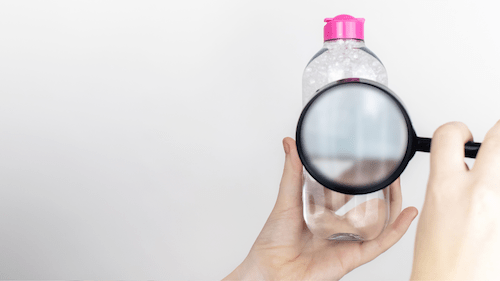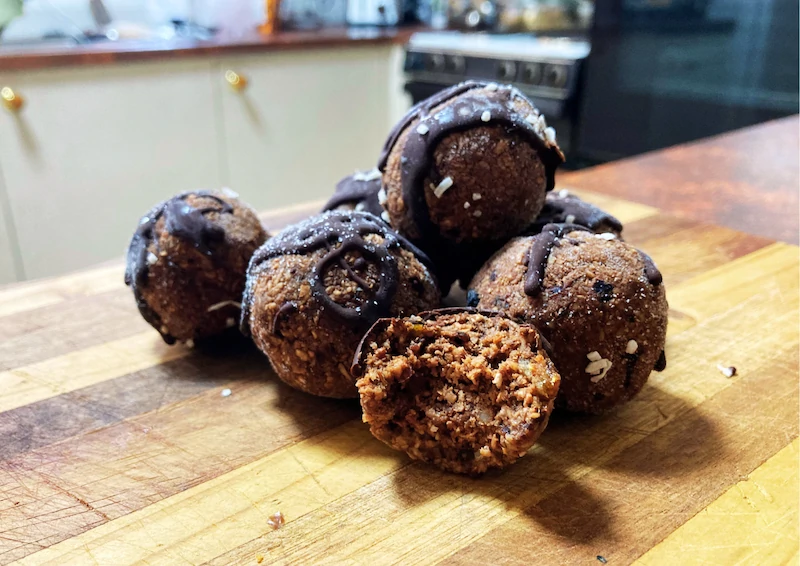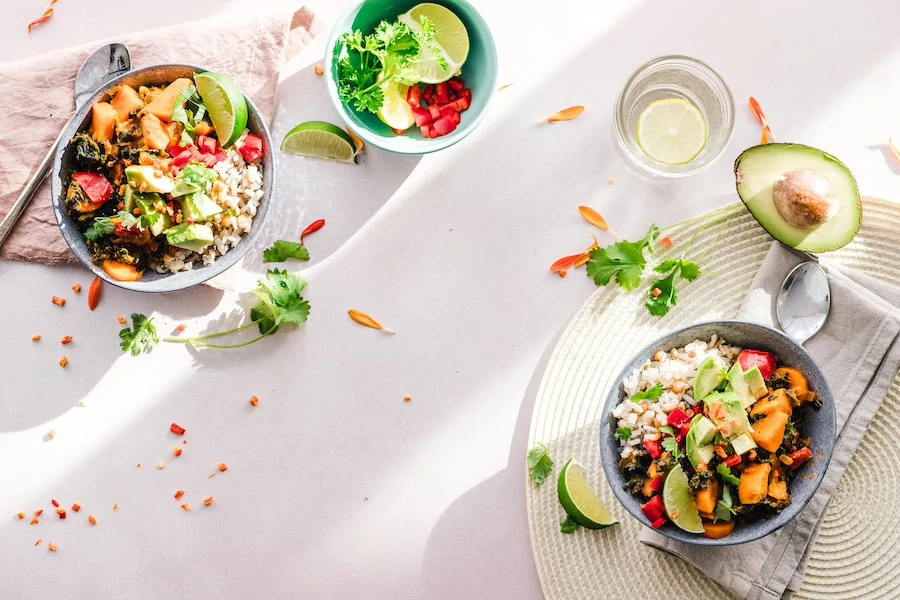
Are parabens a cause for concern? Over the last few years, there has been conflicting advice given over the danger of parabens. Many people, as a result, are avoiding parabens as best as possible.
But what is the truth about parabens? The current research says that parabens are not toxic to humans. They are not deemed carcinogenic, mutagenic, or sensitizing either. They are in fact, most likely safe for use in everyday products. However, they do have a negative impact on the environment and marine life.
In this article, we will look at parabens and their use in detail so you have the best information possible about the issue and can make your own informed decision.
What Are Parabens?
Parabens are a form of preservatives commonly used to help prolong the shelf life of everyday cosmetic and health products. They were first introduced in the 1950s when it was discovered parabens could prevent the growth of mold and bacteria.
Unfortunately, the use of parabens is not a black and white matter. Simply looking for products that are labeled “paraben-free” is not useful to you as a consumer. The most common parabens used in products are butylparaben, methylparaben, and propylparaben.
Parabens are derived from para-hydroxybenzoic acid. This is a common chemical found in most fruits and vegetables. However, the parabens you find in most cosmetic products are not natural, they are synthetic. Parabens are used in very small amounts.
Are Parabens Harmful?
Parabens have the potential to be harmful to a human but only in mass quantities which is highly unlikely in modern applications. Parabens are thought to be harmful because they mimick hormones which means when absorbed into the skin they can be seen as estrogen by your body.
High levels of estrogen can cause an unnatural unbalance of hormones in the body. Having too much estrogen can cause cell division in the breast which increases your risk of breast cancer.
However, the quantity of parabens needed to actually do this is huge and extremely unlikely for someone using cosmetics on a daily basis. The evidence that supports a link between parabens and cancer is minimal at this time. It is, therefore, wrong to assume parabens automatically equals a higher risk of cancer.
The research that does show a link between parabens and breast cancer lacks any convincing data or control group analysis making the data unreliable. It’s also important to understand that the studies conducted that have linked parabens and cancer were based on “long-chain parabens”.
Long-chain parabens were banned in Europe in 2014. Most cosmetics today only use short-chain parabens which are deemed safe for human use. There is currently no evidence linking short-chain parabens to an increased risk of cancer.
How Parabens Are Used in Cosmetics
Today, parabens are used solely as preservatives which are known to be safe for humans and even kind and gentle to our skin. A low concentration of just 1% is used in the majority of modern cosmetics.
Toxicity studies of parabens have shown that at high doses they may cause health issues for the user. It is unfair to suggest that because a substance at high doses causes issues that it will do the same even at very low doses.
Water at a high enough dose will seriously harm or even kill you. That doesn’t mean a glass of water will have the same effect. In fact, you should be drinking 2-3 liters of water per day for optimal health.
How to Tell if a Product Has Parabens
The best and simplest way to see if a product has parabens included in the ingredients is to check the ingredients. You will want to look out for all the following:
- Ethylparaben
- Methylparaben
- Butylparaben
- Heptylparaben
Long-chain parabens that you want to avoid but are extremely rare include:
- Propylparaben
- Benzylparaben
- Isobutylparaben
- Isopropylparaben
Should You Avoid Products Containing Parabens?
If you are worried about parabens then you can avoid products that contain them. This has been made much easier by the anti-paraben campaigns we have seen in recent years. However, there is no real evidence to suggest you need to avoid parabens at this time.
In fact, many brands are using anti-paraben rhetoric to help sell products that are labeled “free-from parabens” for a higher price.
Parabens are thought to only be unsafe when a product contains too much of one or more paraben. A good rule of thumb, to be extra safe, is to avoid any product that contains more than 0.5% of any individual paraben.
Parabens are actually some of the safest preservatives we have and have been used safely for almost half a century. In a world full of misinformation guided by the internet, it’s important to stick to what we know based on current scientific knowledge.
One other reason you might want to avoid parabens is the damage they cause to the environment and marine life. Some studies have suggested that parabens can badly damage the heath of coral in our oceans. Parabens have also been found in trace amounts in the bodies of washed-up marine life. Paraben-free products can, therefore, be an eco-conscious choice.
Does “Paraben-Free” Guarantee Safety?
This one of the main problems of misleading and misinterpreted science. Just because a product is labeled “paraben-free” it does not mean that other ingredients in the product won’t harm or irritate your skin or that the product is eco-friendly.
Many paraben-free products contain other harmful ingredients and may be the result of unsustainable production methods. This is the key reason for the EU banning the term “free-from” claims as they are often very misleading to consumers.
Are Paraben-Free Products Worth it?
This is truly a decision only you can make as a consumer. So far, science says that parabens are safe to use in cosmetics considering these products use so little of them.
If you’re the type of person that likes to play it safe then avoiding parabens might be a good idea for you. However, parabens play an important role in your cosmetics. They effectively stop your products from growing bacteria when exposed to daylight, air, and water.
Without parabens, your product is then vulnerable to bacteria growth. When you use an infected product you risk contracting those germs and becoming unwell. While most paraben-free products use natural or synthetic alternatives to parabens, they are not as safe as parabens themself.
The truth is, parabens have a fantastic record and have been used reliably for avoiding bacteria growth in products for over half a century. Most new preservatives that are replacing conventional parabens have only been used for a few years and we will not know the long-term effects until studies have been finalized.
It is therefore down to the individual person to decide whether they wish to avoid parabens or not. Most likely, the continued use of parabens will not have any negative effect on your health.
Final Thoughts
The use of parabens in beauty and food products is not a black and white issue. Currently, the latest research and data show that parabens are relatively harmless for human use.
Those that want to be on the safe side can avoid parabens but this does not automatically mean the alternative products are any safer. Parabens have been found to have a negative effect on our environment and marine life which may be a good enough reason to avoid them.



